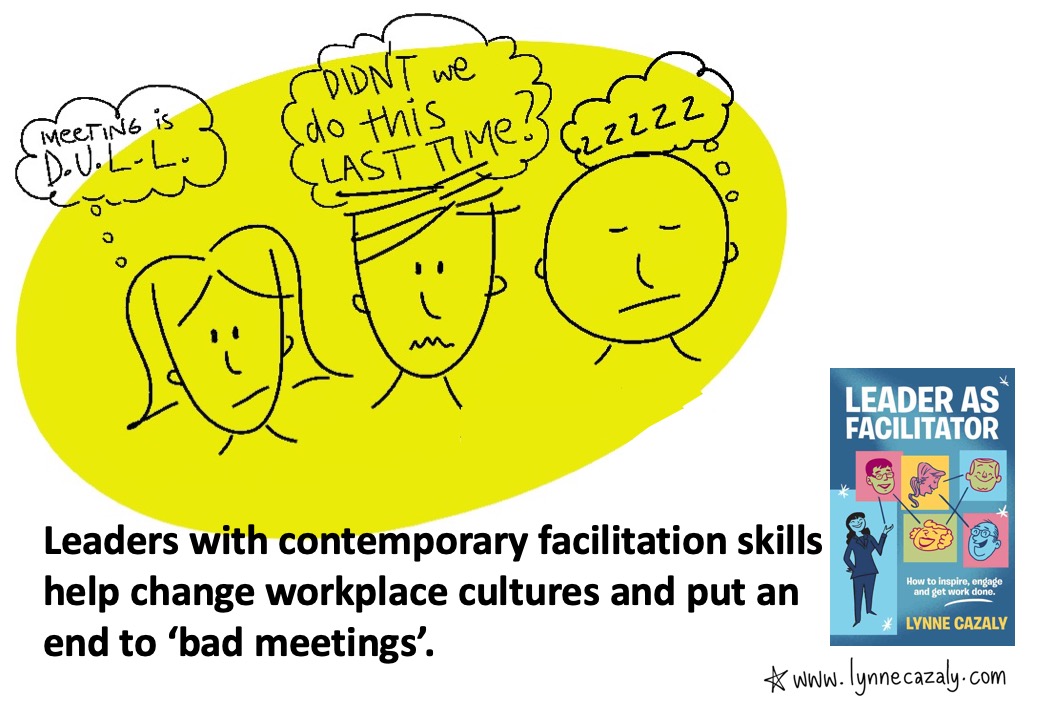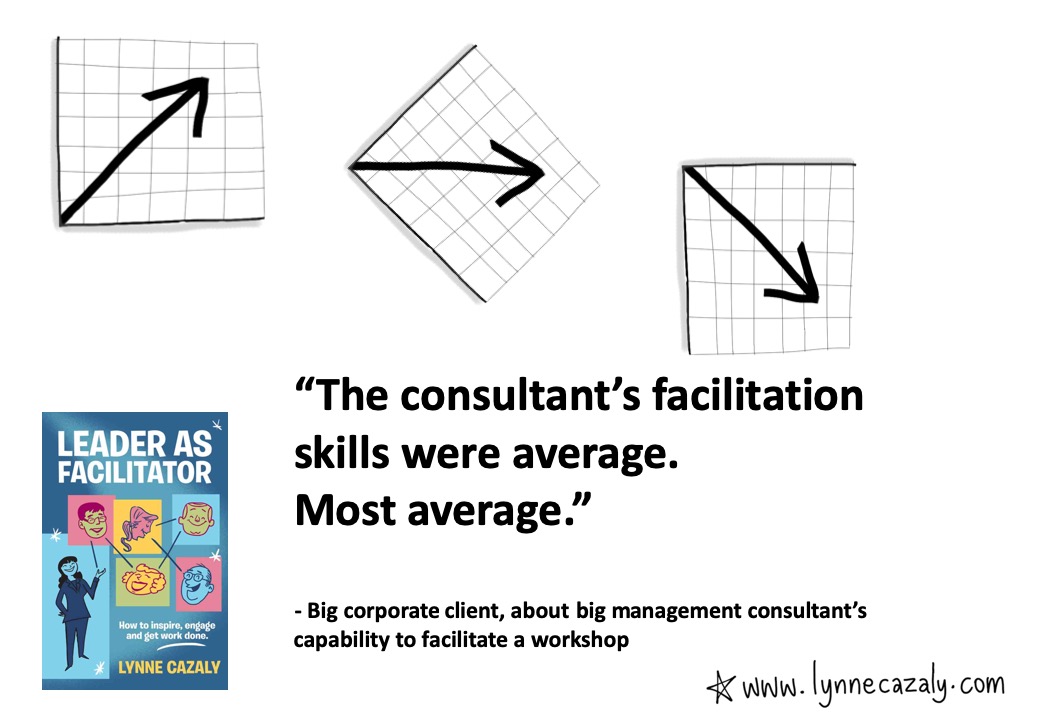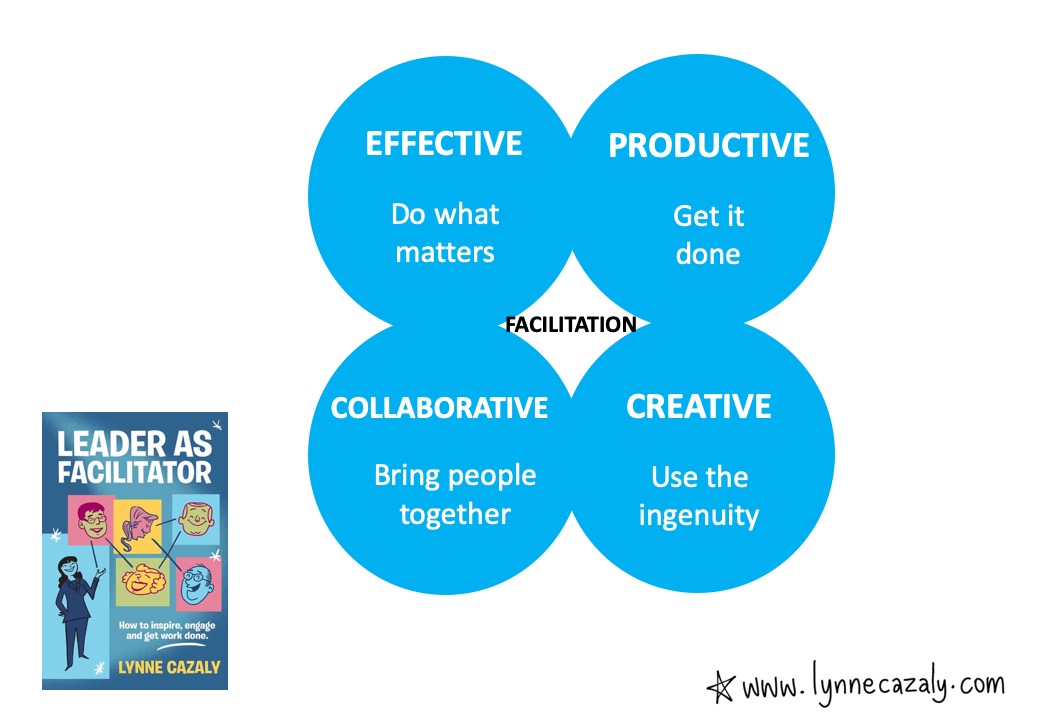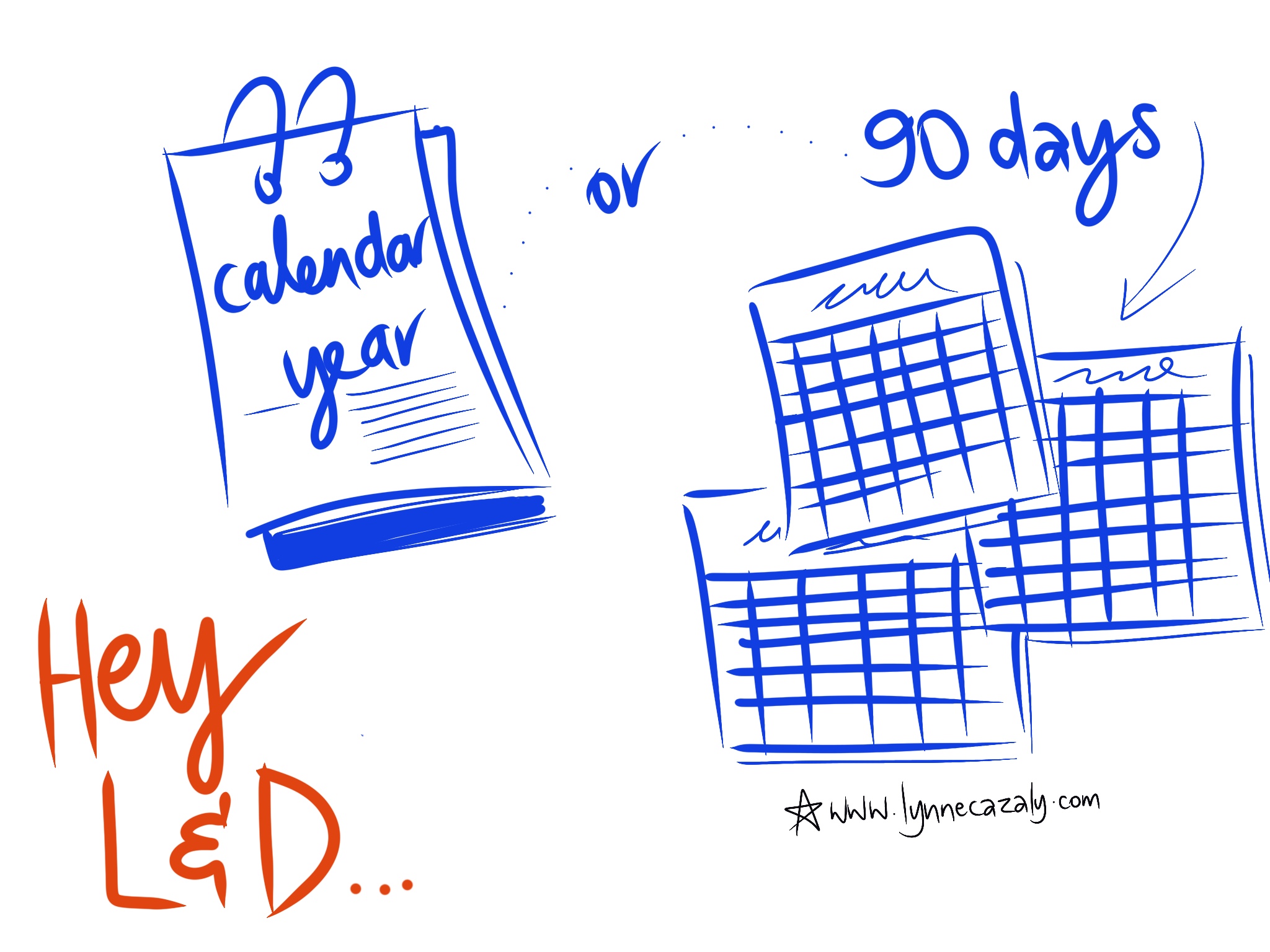How do leaders adapt
 Thursday, May 21, 2020 at 11:22AM
Thursday, May 21, 2020 at 11:22AM ![]() Adaptability isn’t just a switch we flick. It’s an integrated set of thinking, learning and practical behaviors that help us change. It’s a skill and capability. We can break it down and learn it.
Adaptability isn’t just a switch we flick. It’s an integrated set of thinking, learning and practical behaviors that help us change. It’s a skill and capability. We can break it down and learn it.
To support leaders and their teams, we need to provide them with this capability of adaptability.
12 capabilities of adaptability are:
- Sensemaking
- Listening
- Learning
- Collaborating
- Facilitation
- Visualization
- Experimentation
- Improvisation
- Ingenuity
- Empathy
- Creativity
- Curiosity
These are the more contemporary and impactful ways of thinking and being in today’s world of work.
I’m pleased to offer my new Leadership Adaptability Program: for leadership teams in business, community, not for profit and government.
Take one capability and then take them all. Integrate them into your existing organizational development schedule to refresh and update it. Or let’s launch a new initiative together that delivers leaders the skills, techniques and practices for the new ways of work.
Adaptability is the capability.





















